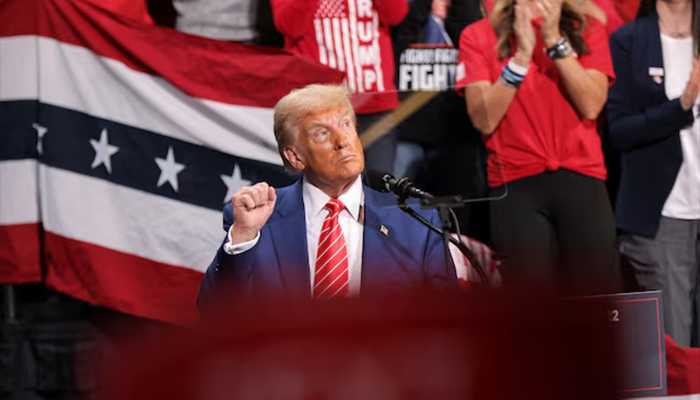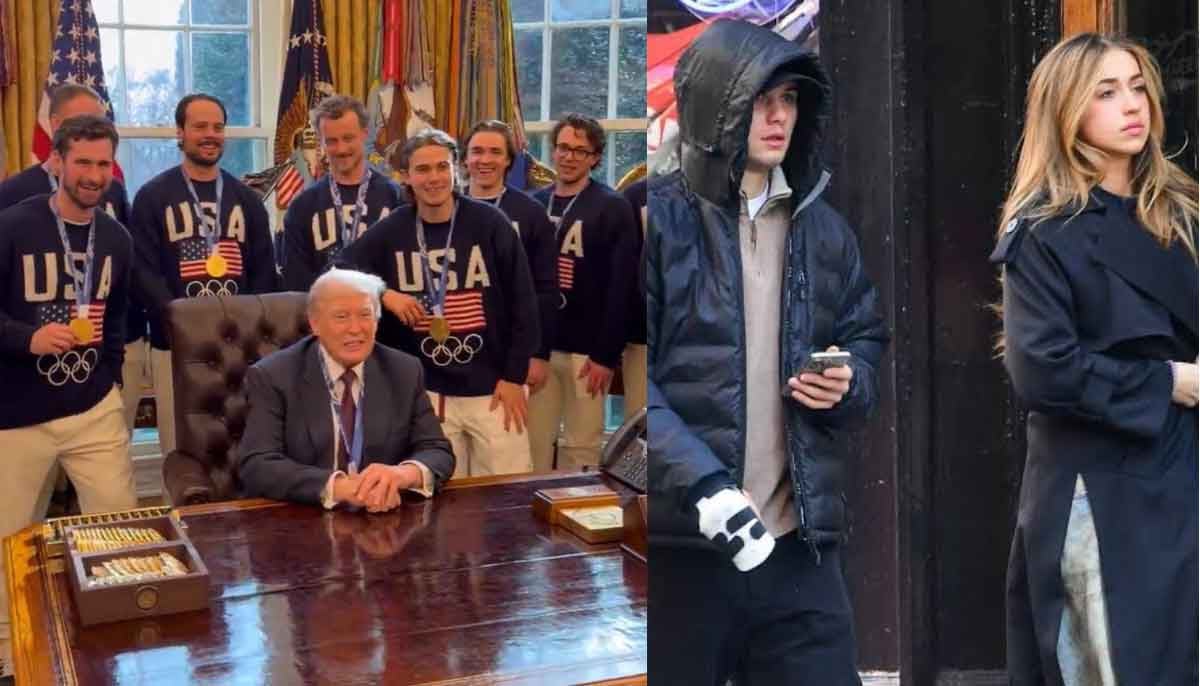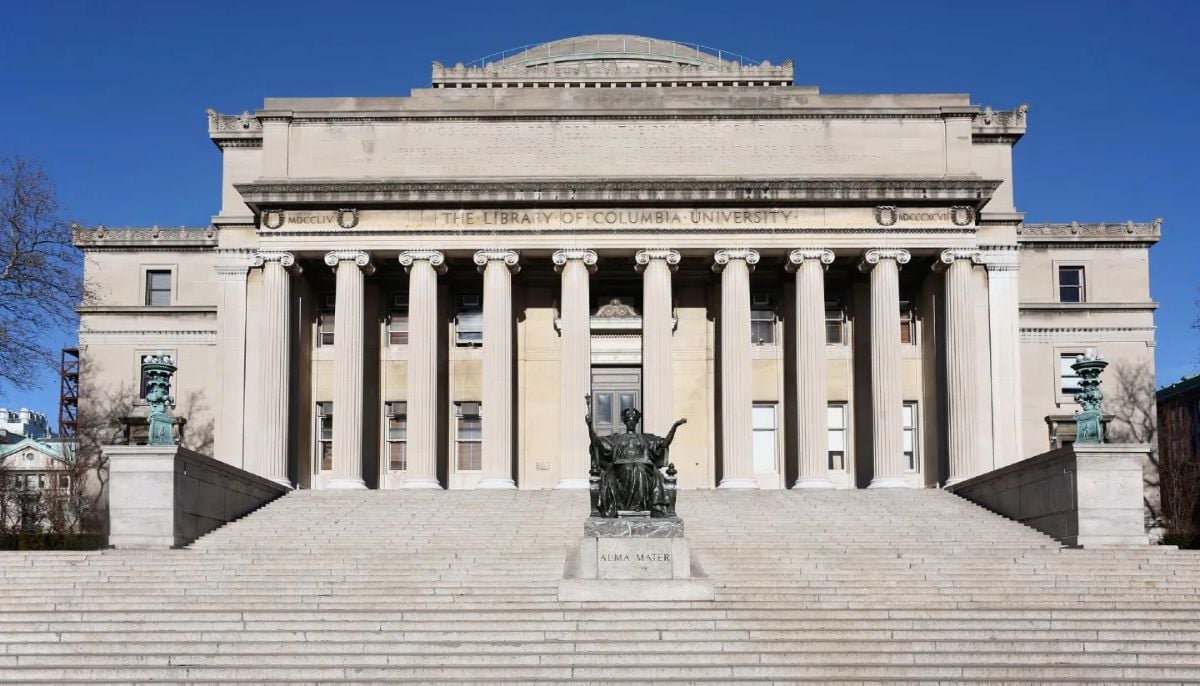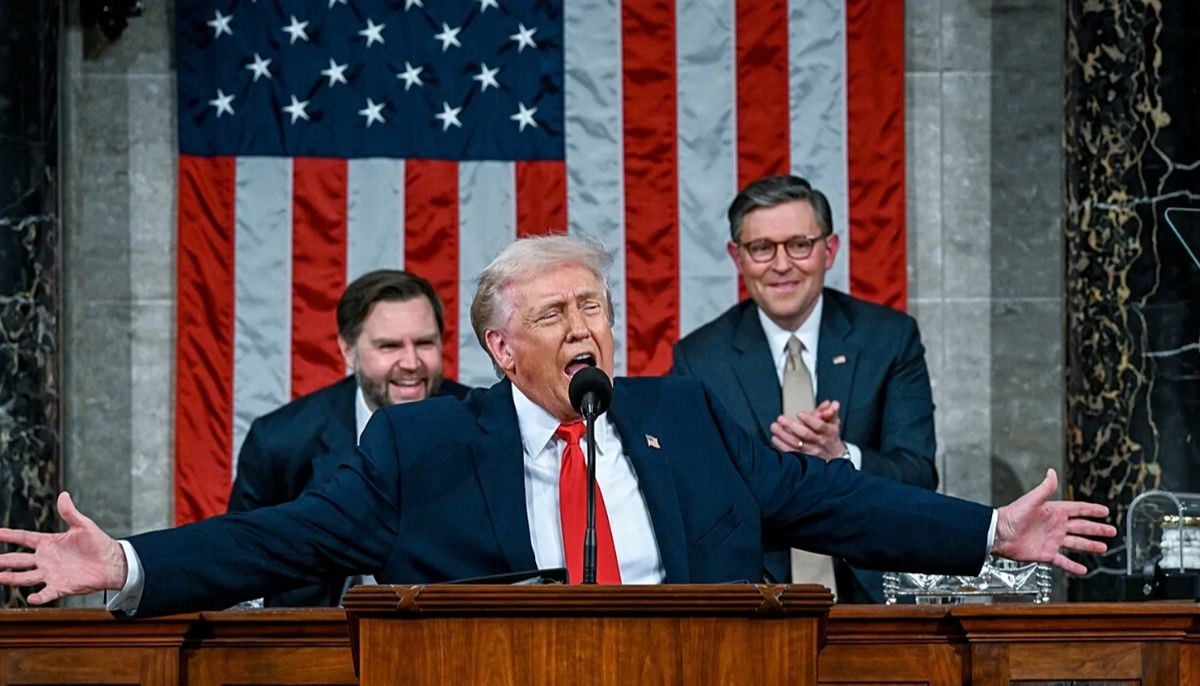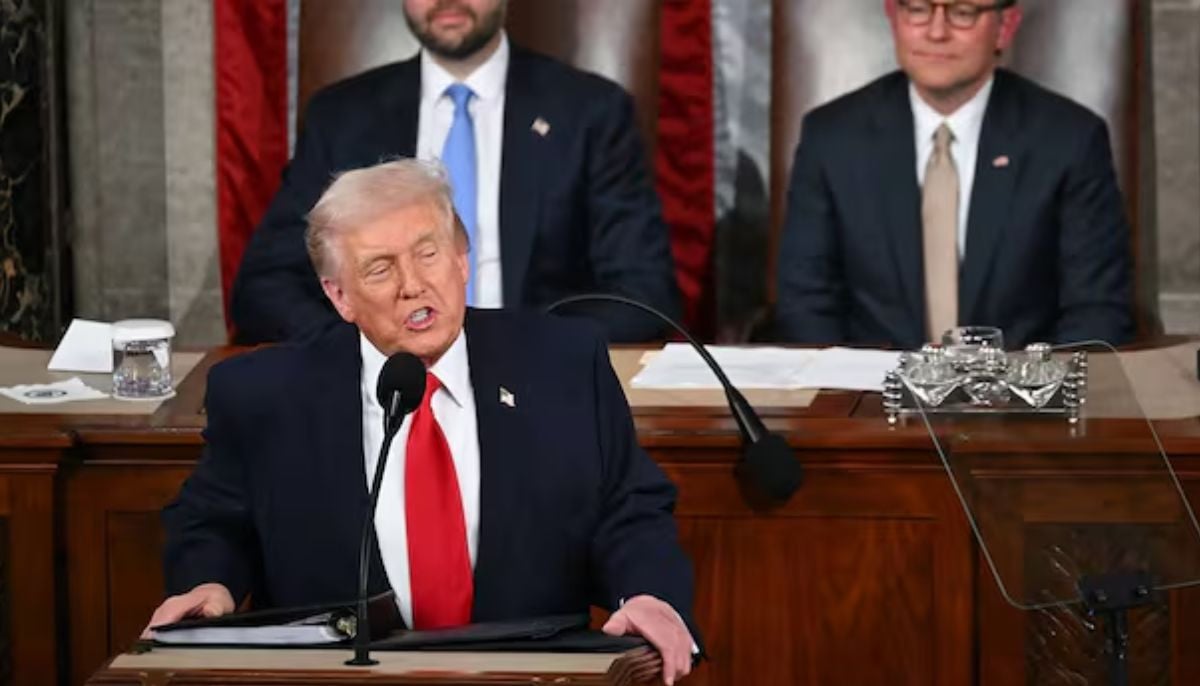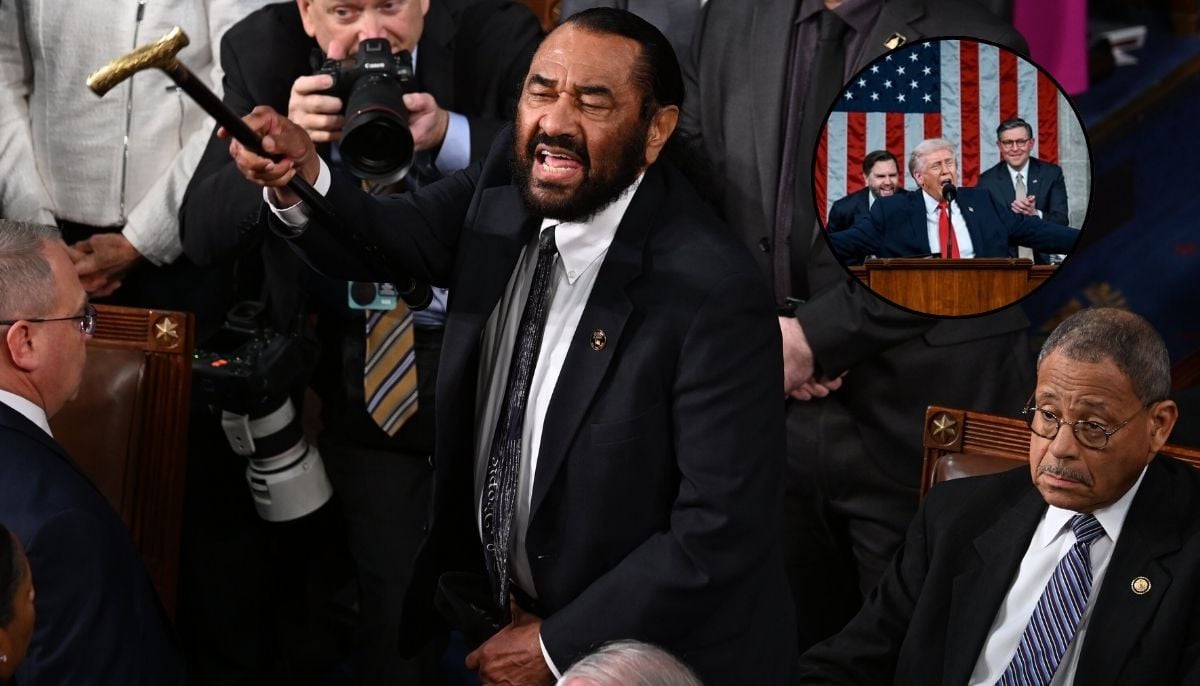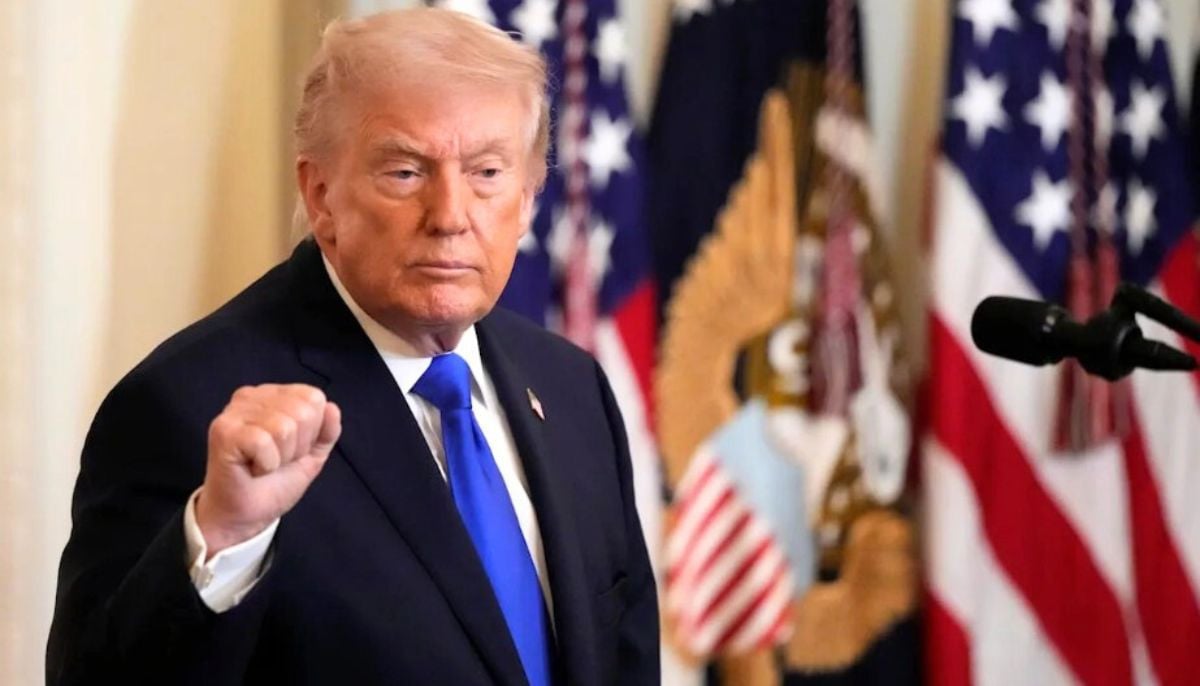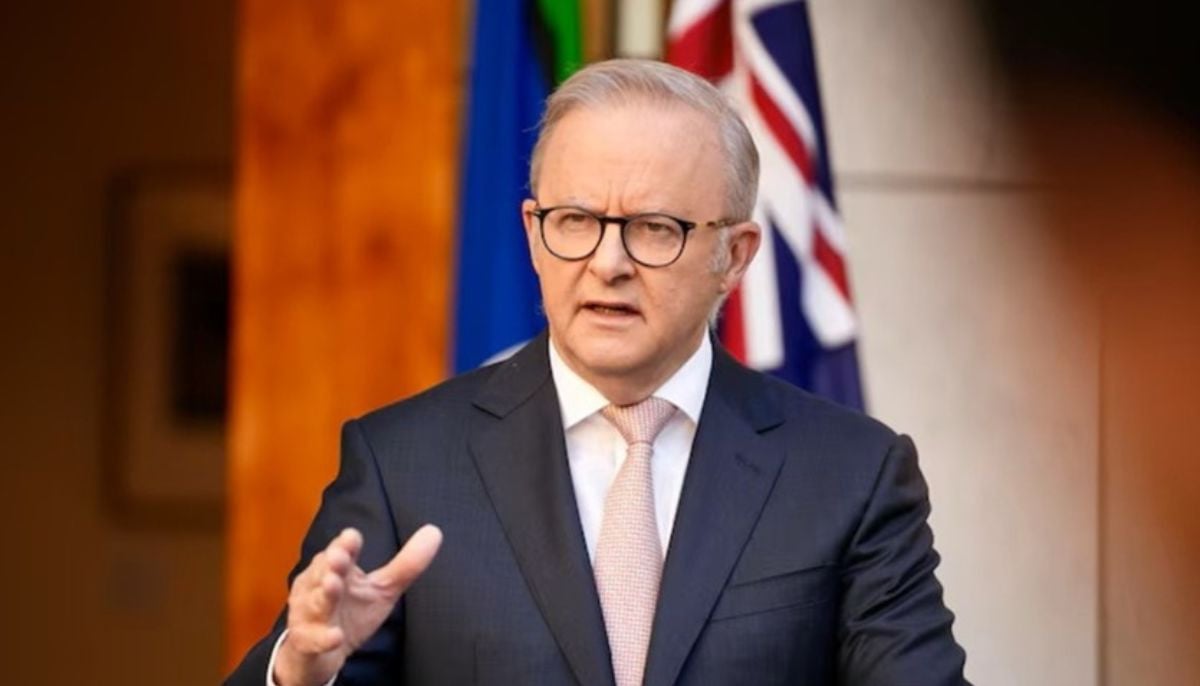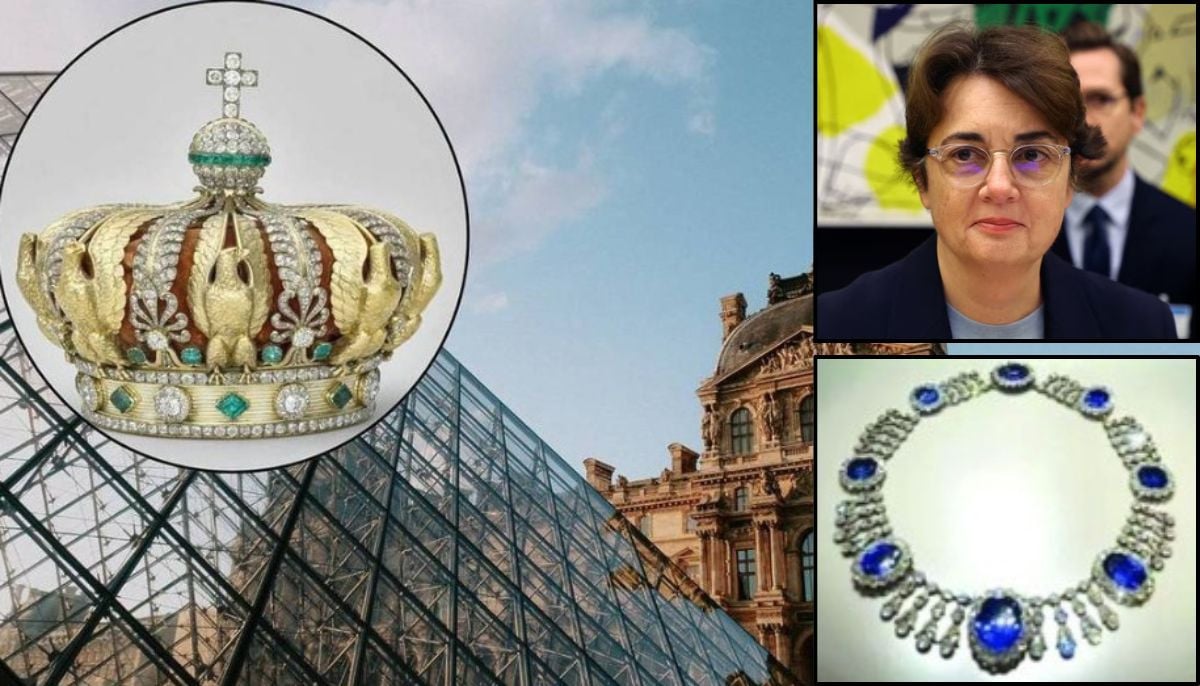US prosecutors announce charges in alleged Iranian plot to assassinate Trump
US charges Farhad Shakeri, two others for alleged plot ordered by Iran's IRGC to assassinate president-elect
US prosecutors unsealed charges on Friday in an alleged Iranian plot to assassinate Donald Trump before the presidential election.
The foiled assassination plot was allegedly directed by Iran's Islamic Revolutionary Guard Corps to avenge the death of Iranian general Qassem Soleimani, killed in 2020 in a US strike in Iraq ordered by then-president Trump, the Justice Department said.
In a statement, the US Department of Justice said that Farhad Shakeri had informed law enforcement "that he was tasked on October 7, 2024, with providing a plan to kill" Trump, the department said. Shakeri allegedly told law enforcement he had no plans to formulate a plan to kill Trump within the IRGC's timeline.
The department described Shakeri, 51, as an IRGC asset residing in Tehran. It said he immigrated to the US as a child and was deported in or about 2008 following a robbery conviction. Shakeri is at large and believed to be in Iran, Reuters quoted the prosecutors.
Two New York residents whom Shakeri had met in prison, Carlisle Rivera and Jonathan Loadholt, have also been charged for helping Shakeri plot to kill a US citizen of Iranian origin in New York, described as an outspoken critic of Iran's government who had previously been targeted for murder.
Prosecutors did not identify the target, but it matched the description of Masih Alinejad, a journalist and activist who has criticised Iran's head-covering laws for women. Four Iranians were charged in 2021 in connection with a plot to kidnap her, and in 2022 a man was arrested with a rifle outside her home.
Rivera and Loadholt have both been ordered detained pending trial. Their lawyers did not immediately respond to Reuters' requests for comment.
-
Trump delivers longest State of Union address in history: Inside key details on economy, security and global strategy
-
Trump’s 2026 State of Union address: Inside key takeaways, major policy shifts & top announcements
-
Rep. Al Green removed from House chamber during Trump’s State of Union address: Here’s what happened
-
Bill Gates breaks silence on Epstein links, ‘took responsibility for his actions’ during town hall meeting
-
President Donald Trump delivers the traditional State of the Union address to Congress
-
Australia: Bomb threat behind evacuation of PM Anthony Albanese linked to Chinese dance group
-
Applebees closures expand with Glenville restaurant closing for good after 10 years
-
Louvre director resigns after historic jewelry heist exposed security flaws
